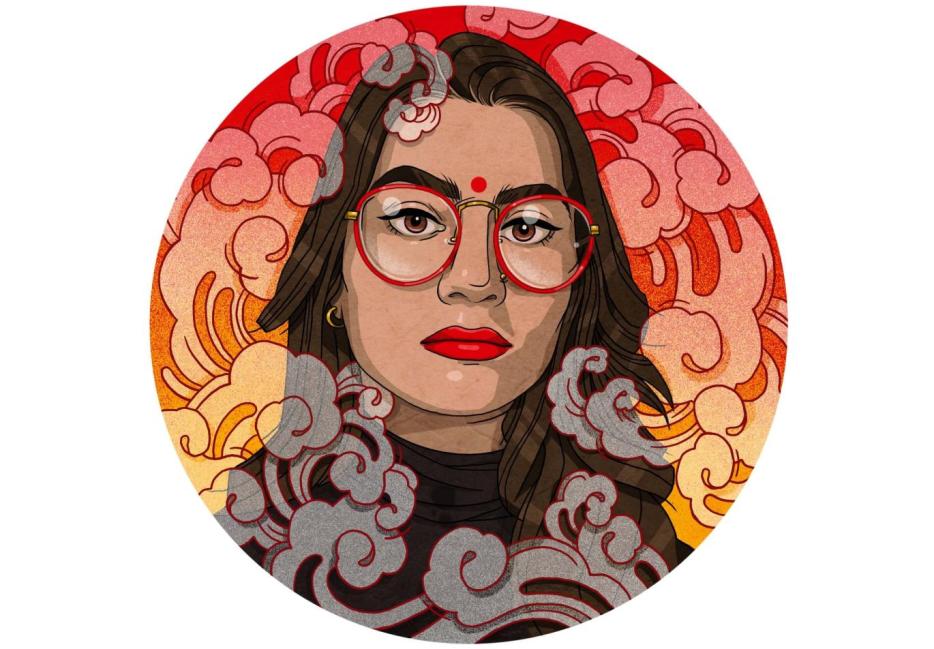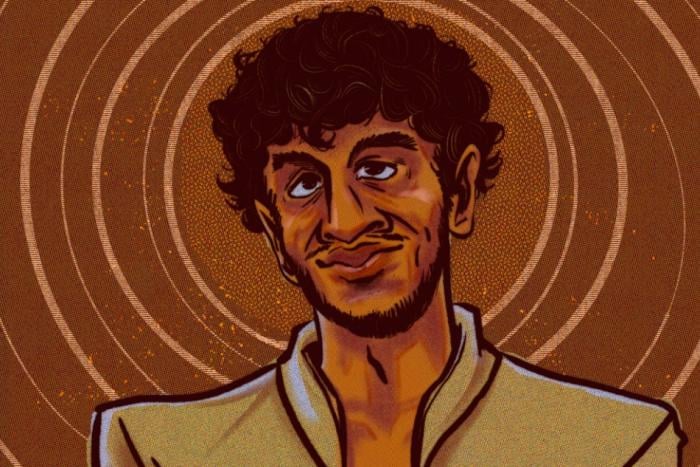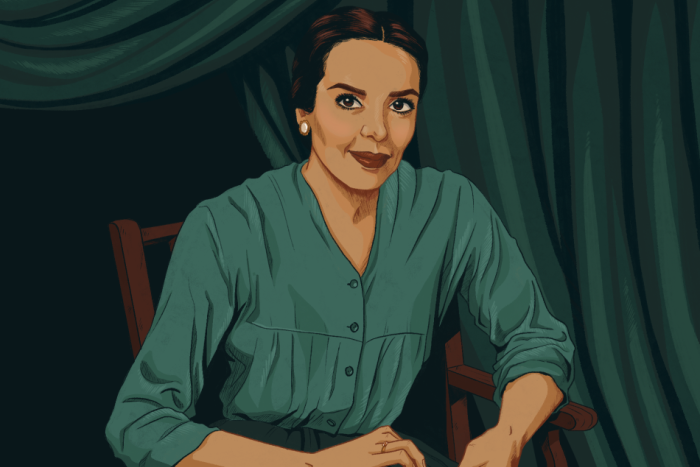Welcome to My Book Is Due, a column about everything I’m thinking about instead of writing my book.
I used to look for something to say every day. I’d take the subway to work—Daily! Not just on Tuesdays and Thursdays!—in order to sit at a desk in Midtown and spend my time reading the internet, looking for something to say. During elections or awards season or anniversaries, it was easy to find; I worked at BuzzFeed News for a little over seven years, and there were rare weeks that would go by without my finding something to comment on. Professional blabbermouth: that’s what most of these journalism degrees are really leading toward. I’ve excelled at it. I turned a grade-school report card criticism into my entire career for the better part of a decade. Good for me.
You probably know the rest. BuzzFeed News shut down eleven months ago, and I’ve been without formal employment ever since. I’ve lost jobs before, been out of work before, but this feels like one of the first times in my relatively short career when it feels like there isn’t anywhere to talk at all.
Layoffs are a constant in the Blabbermouth Business but usually there’s some kind of bounce-back after a few weeks; now the cuts are sticking heavy. In recent memory, there have been brutal job losses (and some total closures) at the Los Angeles Times, Insider, Time, The Messenger, Pitchfork, National Geographic, Forbes, the New York Daily News, TechCrunch, NBC News, and Sports Illustrated. What’s left? A quarterly Hazlitt column and documentaries on Tubi, I suppose.
The ever-winnowing nature of journalism is terrifying, and bad for democracy, and for humanity, but look: I’m here to talk about me. Last weekend, I went to a party and faced an unintentionally rigorous panel of media people who wanted to know: “What do you do?” A reasonable question at any social event, especially in Brooklyn, where it appears there are no doctors but several men named Patrick who are writing books about magic mushrooms. The issue was that I wasn’t really sure what it is that I do anymore: I stuttered, and quietly had a little mental breakdown about what it means for my sense of self that I no longer have a full-time writing job. I still write, but less often. I have to choose my words carefully because I obey word counts now; I am at the whim of new editors who don’t know me, who need proof of concept. I can no longer just: talk.
There is mourning to be done publicly about the collapse of free media, and then a more private, humiliating one for journalists and writers everywhere who will simply never get another staff job again. I’ve been steadily making my peace with this reality, that it’s unlikely I’ll have another job that requires me to stand in front of a bored audience of a few million people and announce, “I have something to say!” In fact, more and more, I can’t remember how I ever had the time, the space, and the willingness to talk so fucking much. What was so important? What was it all worth?
I still feel this selfish pull to speak. Some days I still wake up and wonder, What will I talk about today? I don’t really care if anyone is listening—I just got used to talking, and the talking helped crowd out any other thoughts I had. The more I spoke to you, whoever you are, the less I had to consider myself. The kind of bloggy, reactive coverage I used to do, day after day, required me to make room for my opinions by glazing over my self. For a long time, my brain worked in public takes and not in personal feelings: like a machine, I was designed for opinion and perspective above all else. Isn’t that strange? I was platform before I was person.
I like being a workaholic. I thought unemployment would teach me the value of my time, and return me to a more holistic sense of self. I would smell flowers and bake bread and do goat yoga. Instead, I yearned for the simple value that my work gave me. All this discourse about how bad it is to derive a personality from your work—have any of those people considered that perhaps I liked not feeling like a whole person? That being fragmented kept me from considering the near-constant weight of my mortality??? Fuck!
I see the irony of saying this while still being paid to talk, here and other places, in podcasts and in print. But the conversation feels more one-way now, from me to you. There’s no perpetual discourse; we just don’t spend time like that together anymore. You have less access to me than before. I’m quieter. I publish less. I scream out into the void, less. There’s less of me spread around. I’m sure some people are relieved; I kind of am too! That job won’t come back to me, not in the way I did it, and maybe it shouldn’t. Those gigs are for the young and spry—I’m neither now, thank god. I don’t have the energy for the consistent opinions I once did, but I still feel an unpleasant nag in my stomach every few days, when a news story breaks and my first thought is, I know exactly what to say.
It feels important that I age out of the work. No one needs to hear from me that much anymore; all I wish is that there were still places alive where I could hear from someone as much as people once heard from me. The solution wasn’t more void, and now all we have is dead space.
But hey, at least I have a book coming out next year, another opportunity to open my big maw. The journalism industry may be dying, taking my sense of self with it, but everyone loves books. People are always buying books. Books will live forever, and as such, so will I.






